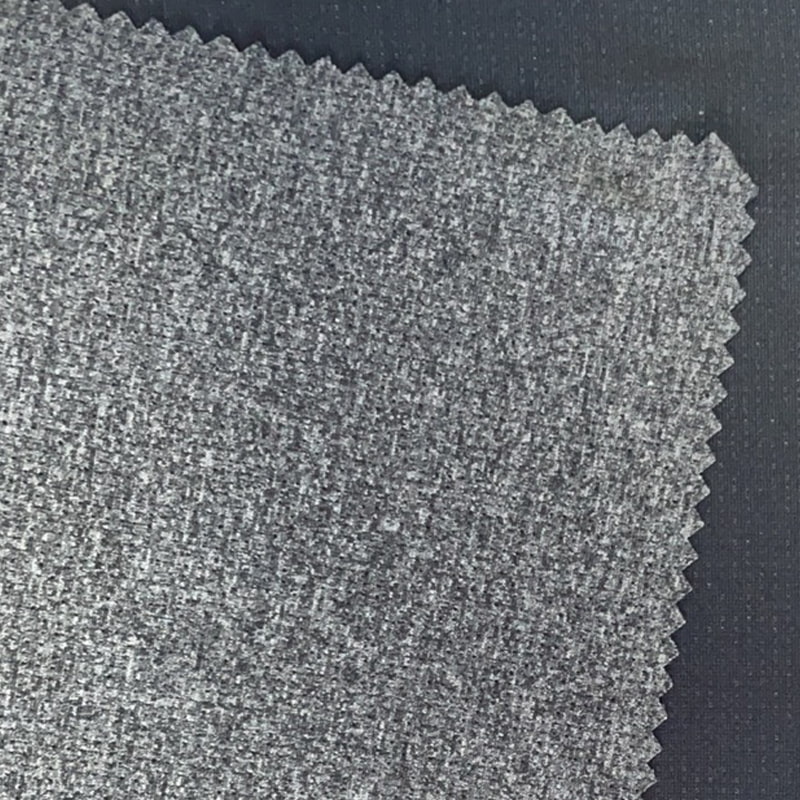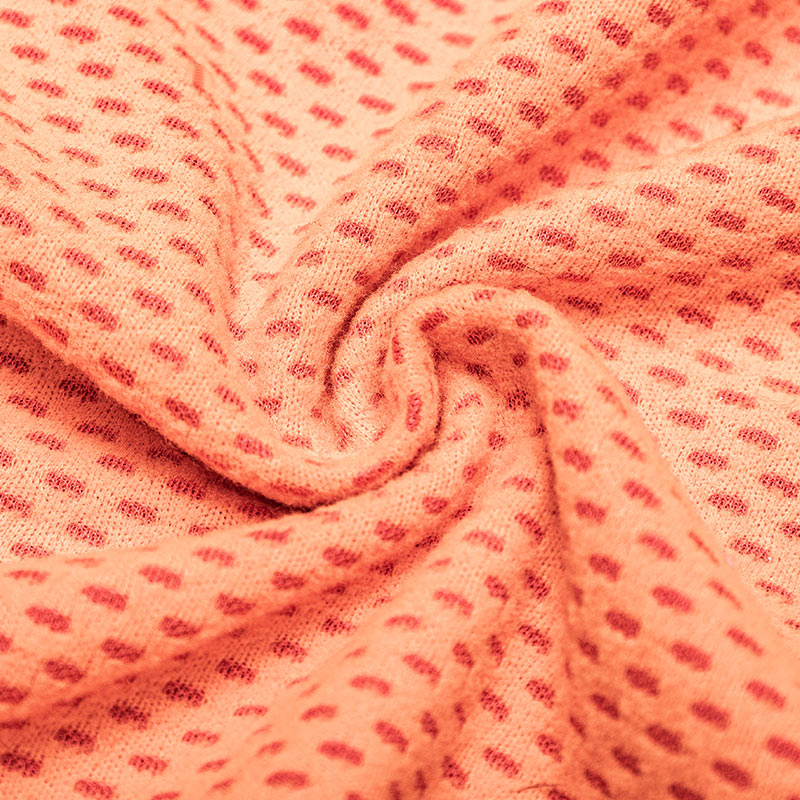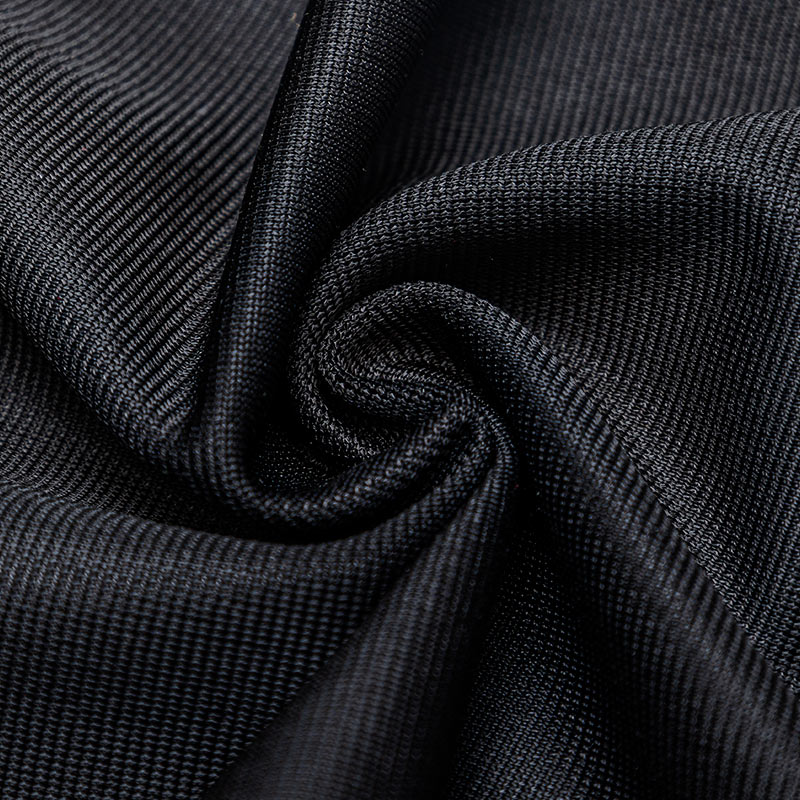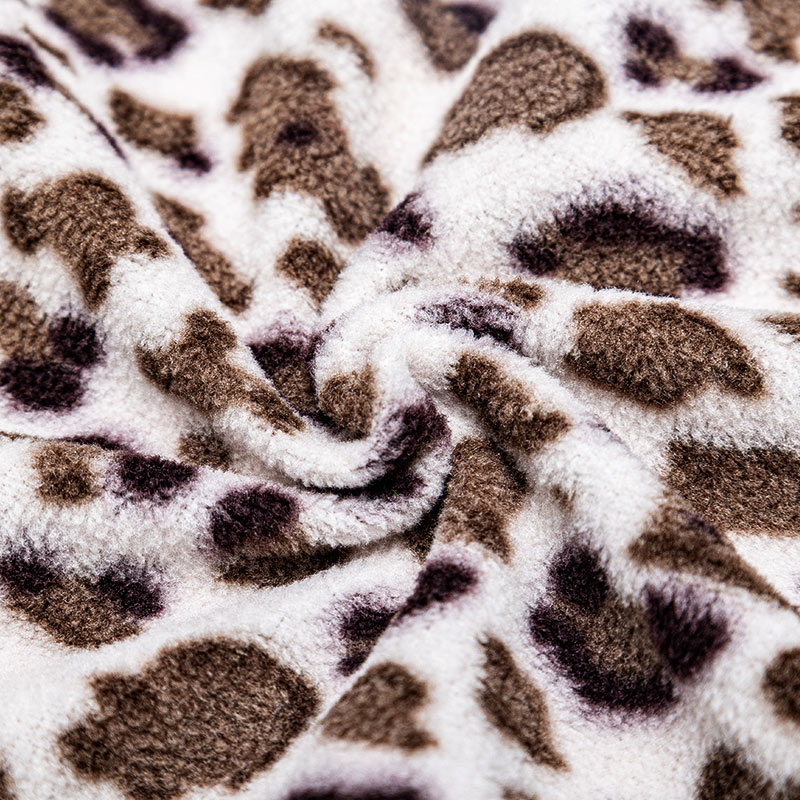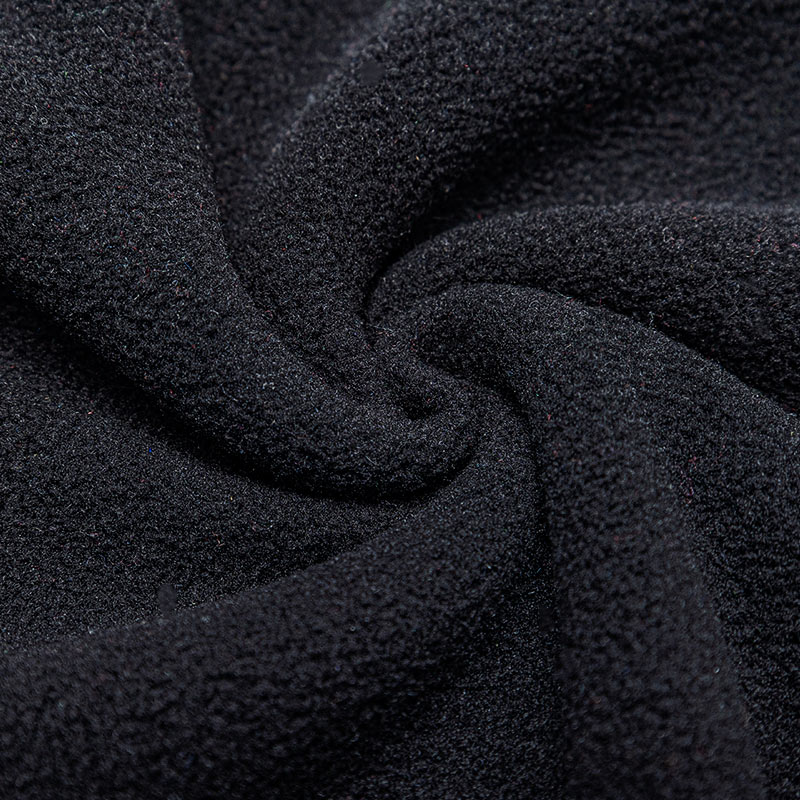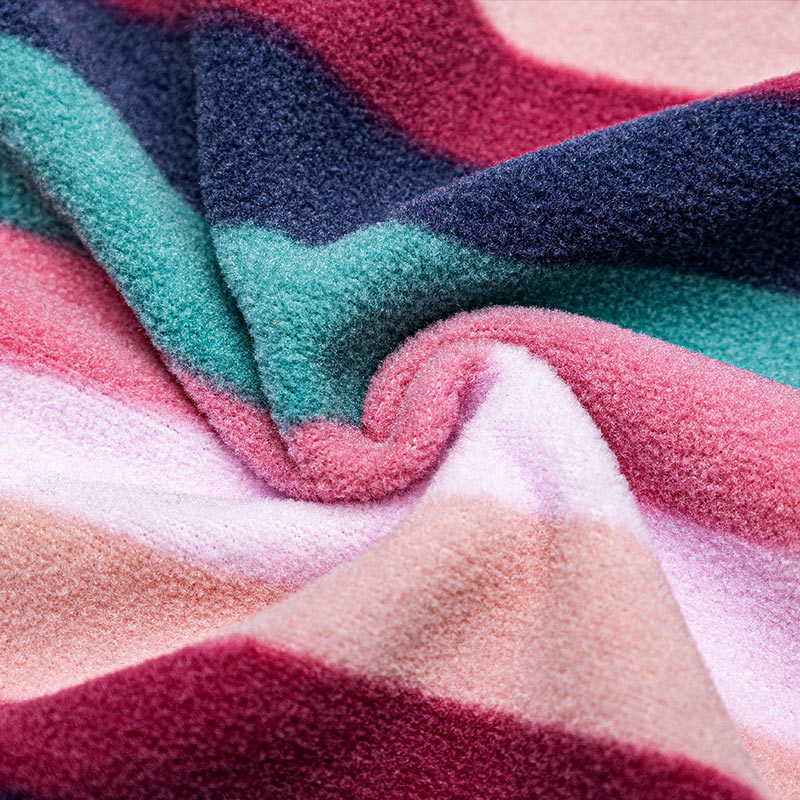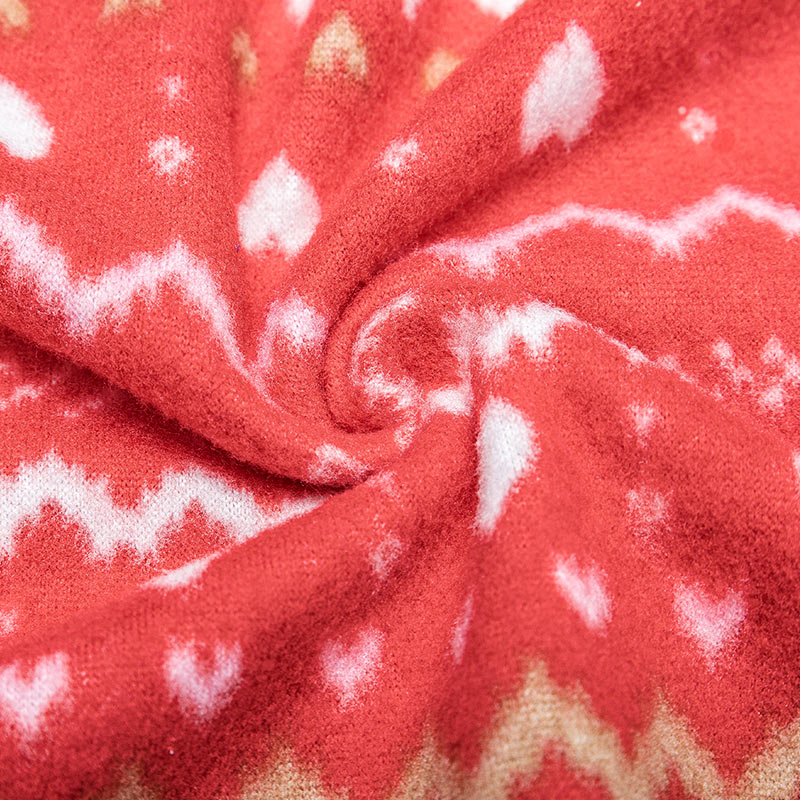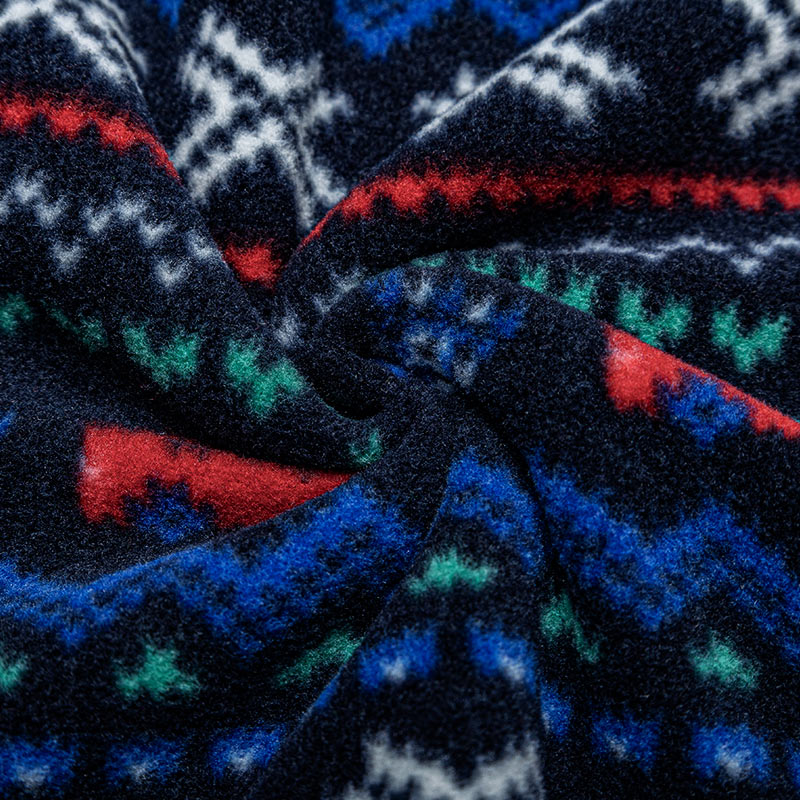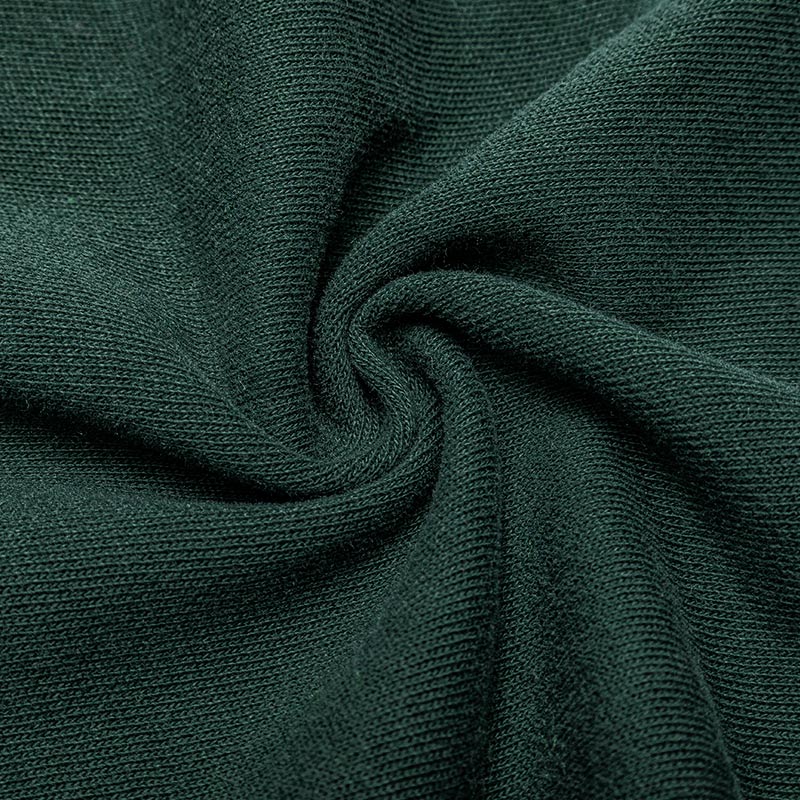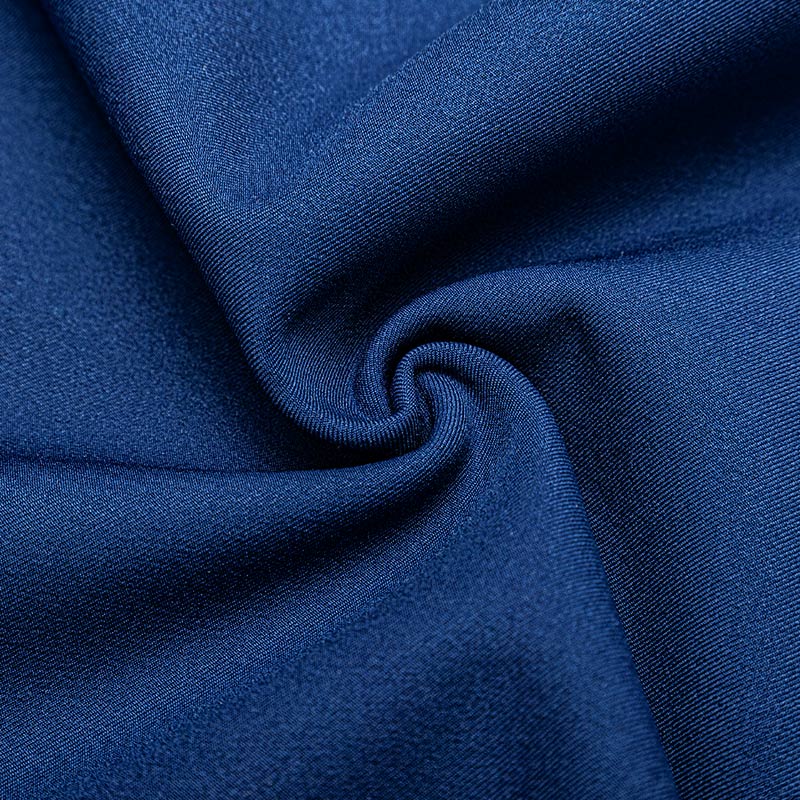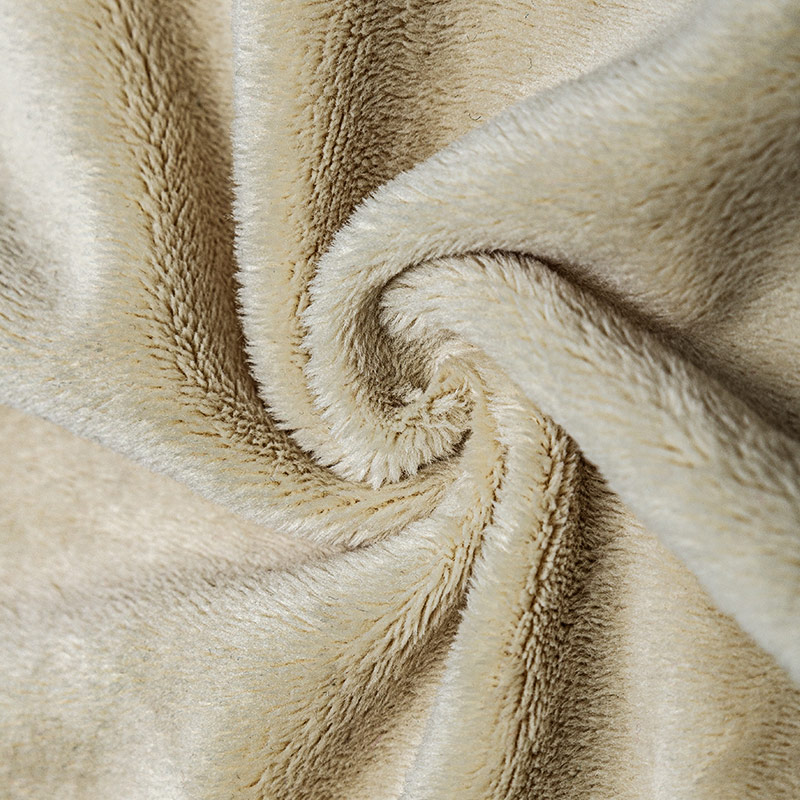As the name implies, cationic fabrics are made of cationic yarns. The yarns are specially processed by a special physical means to make a cationic polyester fabric or a cationic nylon fabric. This fabric has several advantages that are not available in ordinary polyester. For example, it can be dyed at a lower temperature than normal polyester, which will improve the dyeing performance and dyeability of the fabric; It also has a soft hand, good wrinkle resistance and wear resistance, and it is a very environmentally friendly material.
In the field of backpack customization,
cationic fabric is one of the commonly used fabrics, but many customers still do not know much about it. They often ask the manufacturer what a certain kind of backpack is made of, and they hear the answer from the manufacturer that this is a kind of cationic fabric, so they are very interested in knowing more about this fabric.
Cationic Cotton is a type of cotton that has been chemically modified to accept color and cationic dyes better than conventional cotton. The process allows a greater variety of dyes to be applied to cotton fabric, giving designers more flexibility in their color offerings and creating new designs with unique yarn dye effects.
When compared with native cotton, cationic treated cotton fabric exhibited improved colorfastness and crocking properties. This was attributed to the low degree of substitution (DS) of quaternary ammonium groups on cationic cotton and the low molecular weight and narrow distribution of the cationic polymer. The result was a more uniform dyeing, which produced a clean, less abraded fabric with a better appearance.
The cationic treatment of cotton allows for better dyeing efficiency, reducing the amount of agitation required during the dyeing process to get the dyes to adhere to the fabric. This also results in a cleaner, less abraded fabric and better fiber elongation.
It has also been reported that cationic cotton has excellent antimicrobial activity, which may have applications in the area of medical garments. This is because cationic cotton has been shown to be resistant to microorganisms that commonly attack natural fibers, such as bacteria and yeast.
In addition, cationic cotton also has very high abrasion resistance when blended with some artificial fibers, such as polyester and spandex. This abrasion resistance is second only to nylon, and can be very beneficial in the fields of sportswear and apparel.
